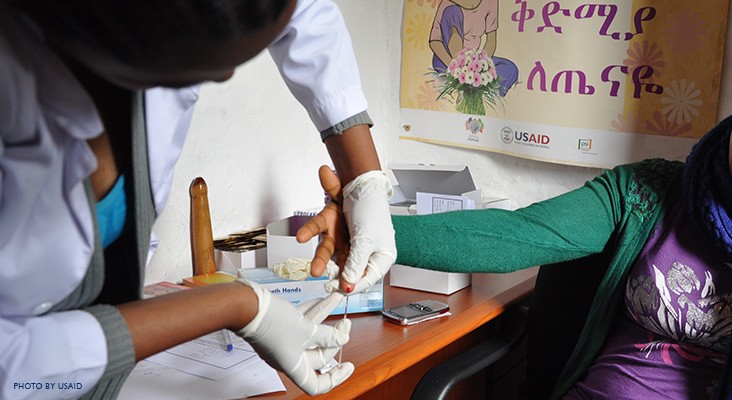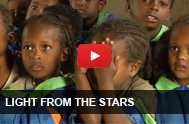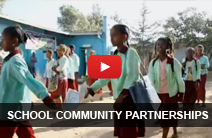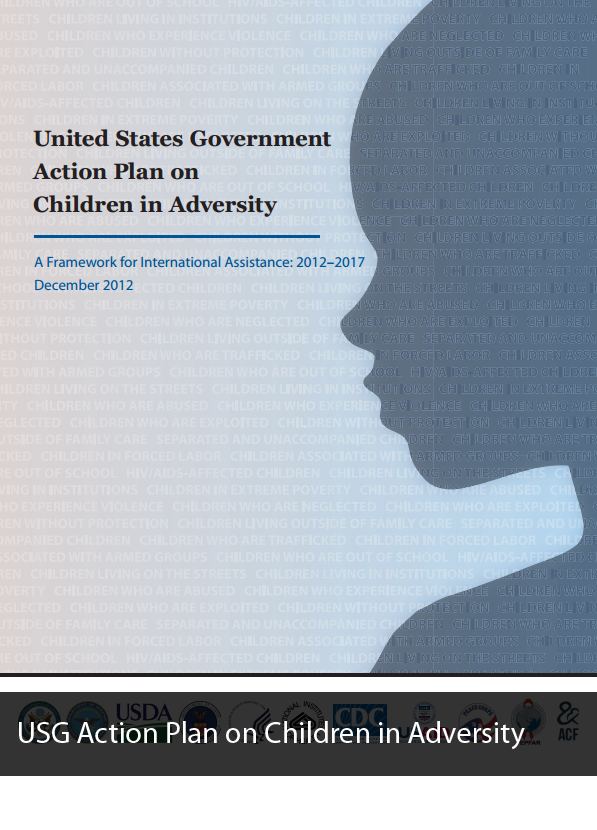Ethiopia
- History
- Our Work
- Foreign Assistance Data
- Dollars to Results
- PARTNERS
- Newsroom
- Fact Sheets
- WORK WITH US
Speeches Shim

Ethiopia has made remarkable strides in controlling the HIV/AIDS epidemic over the past decade. However, the prevalence remains relatively high in urban areas, where estimates indicate a 3 percent prevalence rate compared to under 1 percent nationally. Current data suggests that Ethiopia is close to controlling the HIV epidemic. Remaining gaps that need focus to achieve epidemic control include preventing the spread among key populations, providing support services for persons affected by HIV to ensure retention in care, and pediatric services including new case identification and improved treatment coverage.
The U.S. President’s Emergency Plan for AIDS Relief (PEPFAR) program has invested nearly $3 billion to help Ethiopia combat HIV and AIDS over the past 15 years. PEPFAR seeks to develop sustainable country-led programs in key programmatic areas of prevention, support for those affected by HIV and AIDS, care and treatment, and health systems strengthening.
Past PEPFAR activities have included infrastructure improvement, where we have supported the construction of 22 new health facilities over the past several years, including the National Blood Bank Services center in Addis Ababa. We emphasize training health workers and improving pharmaceutical management to ensure better quality care, services, and medications for people living with or affected by HIV/AIDS. PEPFAR also supports the national laboratory system, including the procurement of laboratory reagents and supplies for antiretroviral therapy, monitoring, infrastructure support, quality assurance, and site supervision for the National Referral Laboratory and nine regional labs.
Orphans and vulnerable children are at increased risk for neglect, abuse, malnutrition, poverty, illness and discrimination, and as they get older, they are more vulnerable to HIV infection. In response, PEPFAR employs a comprehensive and multi-sectoral approach that prioritizes linking HIV-positive children to OVC services, that build on community and family support structures to care for and track the welfare of affected children. PEPFAR works with the Government of Ethiopia to provide comprehensive and coordinated quality services for vulnerable children.
KEY ACTIVITIES
- USAID PEPFAR capacity building activities strengthen local implementing partners. In light of the transition from international to local partners to provide HIV services, USAID builds the capacity of local organizations to efficiently manage programs and provide quality services. In 2021, 70 percent of the PEPFAR total annual budget for HIV/AIDS program in Ethiopia will be implemented by local partners who will provide direct services on HIV prevention, care and treatment, and orphan and vulnerable children programming.
- The USAID Caring for Vulnerable Children project strengthens the capacity of community health practitioners and care providers to improve the quality of support services for orphans and vulnerable children, and address their unique needs and build their resilience.
- The USAID Community HIV Care and Treatment Activity supports the national HIV program to expand access to community HIV prevention, care and treatment services through reinforcing the roles of people living with HIV and communities in the delivery of HIV/AIDS care services. The project also strengthens the capacity of Ethiopian government and civil society organizations to deliver and optimize interventions, and ensure local ownership of these initiatives.
- The USAID Mulu Key Populations Activity builds capacity and delivers HIV services to key HIV populations, including female sex workers and their biological children, truckers, high-risk employees at commercial worksites, and out-of-school adolescent girls and young women. The activity focuses on HIV counseling and testing, self-testing services, gender-based violence prevention, and HIV/AIDS care and treatment services at drop-in centers in the community.
KEY RESOURCES
- Fact Sheet: HIV/AIDS Programs in Ethiopia [PDF 230 KB]
- News: USAID and Ethiopian Ministry of Health Inaugurate National Blood Bank
- News: U.S. Completes Three Health Centers in Amhara that will Serve 75,000 People





Comment
Make a general inquiry or suggest an improvement.